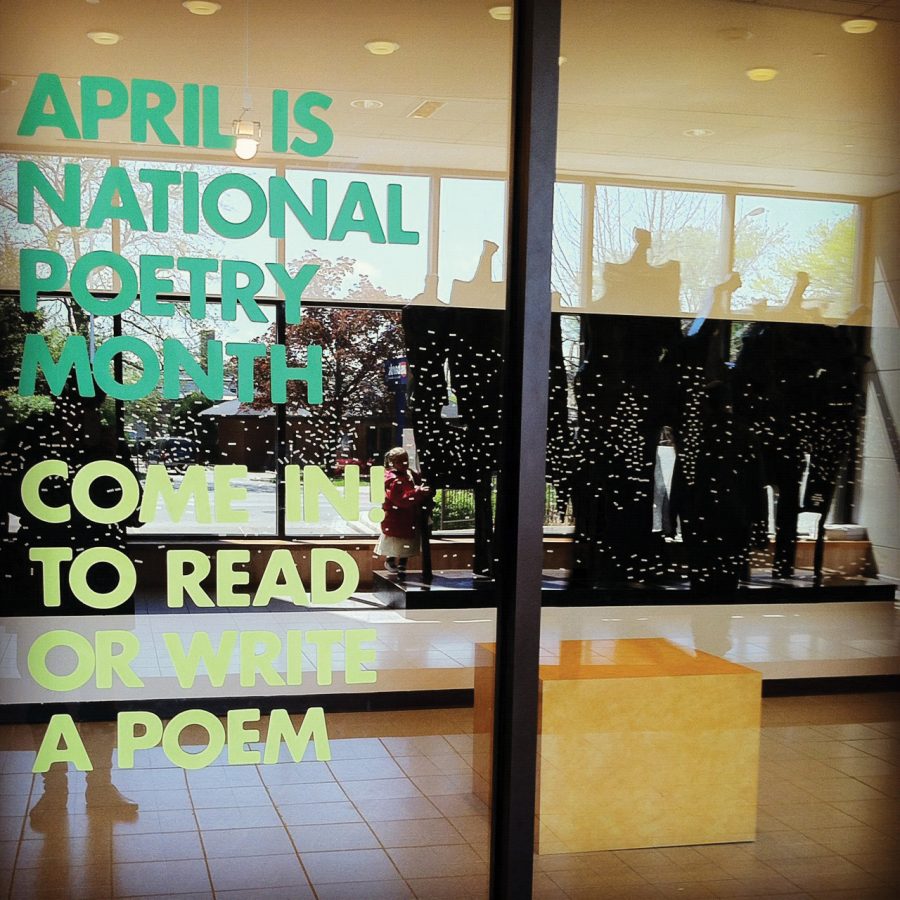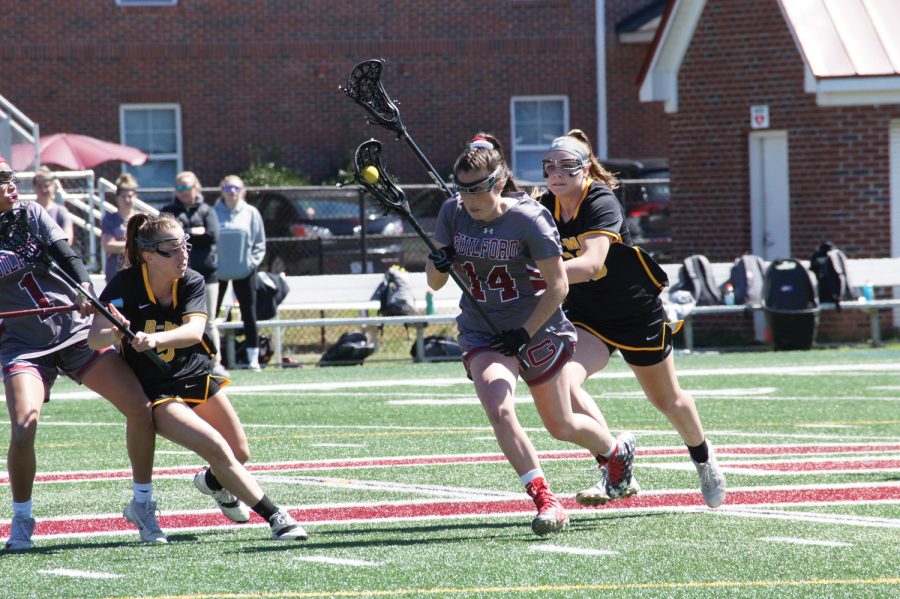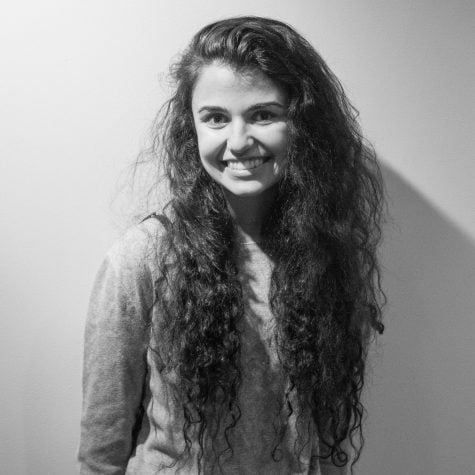Whether in Oxford, England, or Greensboro, North Carolina, “Lord of the Rings” author J.R.R. Tolkien remains a highly influential figure in literature and history.
On Sept. 20, Paul Sinclair from St. Clare’s, Oxford gave a talk titled “J.R.R. Tolkien and the Victorian Fantasy of the Middle Ages” in the Community Center.
“I was certainly aware of Victorian influence in medievalism, but I thought he presented it really well for an audience that didn’t know so much about that,” said Professor of English Jim Hood ‘79.
Sinclair, who teaches art and art history at St. Clare’s, addressed the art and literature of Tolkien’s time as well as the impact World War I had on Tolkien’s life.
“He (had) a real taste for fairy stories (that was) awakened on the threshold of manhood and quickened to full light by war,” said Sinclair. “He really realized the transformative effect of war.
“In this, he was rejecting the literary war most traveled after World War I, which is modernism.”
Many students came to the talk.
“I had no idea about Tolkien’s experience in the war and how that shaped his later career as a writer,” said junior Caleb Amstutz. “He took his experience and wove that into a wonderful adventure.”
In addition, some alumni came to learn about Tolkien.
“I met Paul when I went on the Oxford trip in 2015, and I learned a lot from him then, so I knew that it would be interesting,” said Allison DeBusk ‘16. “I thought Paul also explained Tolkien’s desire to create a mythology for England really well and why he wanted to do so. It was really interesting to hear why so many texts from England were lost.”
Sinclair also introduced the audience to those who were influential on Tolkien’s life, such as his friends, who served in the war with Tolkien and supported his love of stories at school. The four boys created the Tea Club and Barrovian Society.
Mainly, the boys would get together, drink tea and discuss literature.
“Tolkien wrote a letter to them all … and said that they had a world-shaking power and had been granted some spark of fire that was destined to kindle a new light, or, which is the same thing, rekindle an old light in the world,” said Sinclair.
Many professors had asked their students to be at the talk.
“That’s what being in college is about,” said Visiting Instructor of English Caroline McAlister. “You get exposure to different teaching styles, different lecturing styles. Paul comes out of Oxford. You meet so many more people than just your professors if you go to these talks.”
Learning about Tolkien and the Victorian era connects directly with many of the classes taught at Guilford College.
“I’m teaching Modern Poetry now, and in that course, we’re talking a lot about the effects of World War I on literature,” said Hood. “Tolkien was a soldier in World War I and wrote out of that experience in a somewhat different way than most of the writers we’re reading in Modern Poetry.”
Sinclair also guides the students during the J-Term course in Oxford, which is taught by McAlister.
The students who went on the trip two years ago, which was the last time the trip was offered, learned a lot from Sinclair.
“January term is a really incredible experience, so I think it’s really important for students to learn about all of the opportunities presented by the term,” said DeBusk. “It’s so great that Paul could come to Guilford and show students what the Oxford trip is like.”
Sinclair closed by addressing audience questions and comments about Tolkien.
“He really is a kind of maverick voice,” said Sinclair.
To learn more about the Oxford J-Term course, contact McAlister at cmcalist@guilford.edu or Director of Study Abroad and International Student Advisor Daniel Diaz at diazdf@guilford.edu.










